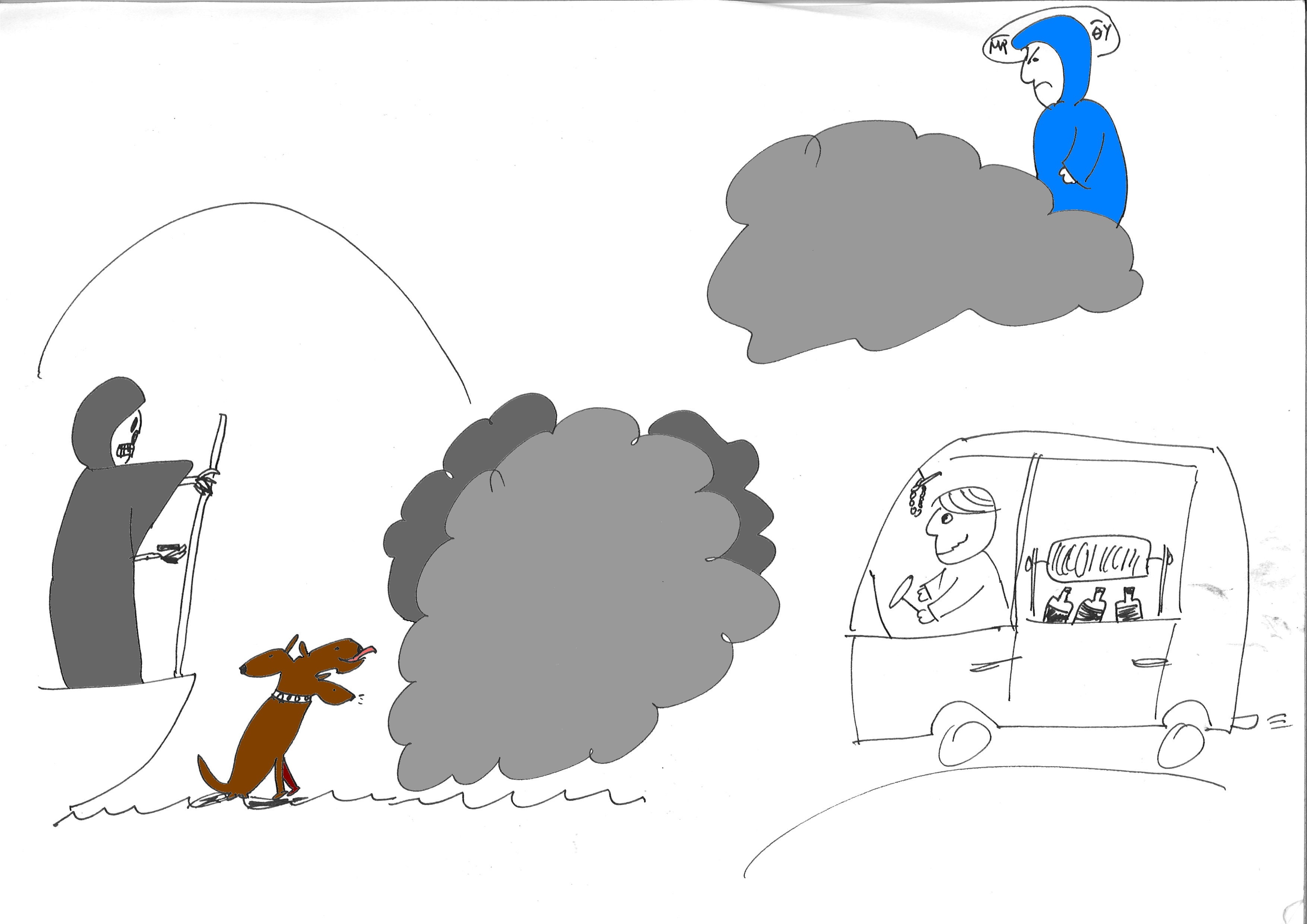I’ll start by saying that the expression (lit. “somewhere and where”) is unfamiliar to me. Which makes me curious when it became common.
The related question, αραιά και που “sparsely and [some]where” refers to time: “occasionally, now and again”, rather than “in scattered locations, here and there”. The metaphorical use of spatial for temporal expressions is a linguistic commonplace.
The examples Google gives me of κάπου και που, on the other hand, are locative, temporal, or ambiguous:
- Τέσσερα χρόνια μετά, διαπιστώνουμε κάπου και που ότι φυτρώνουν “Κιμωλίες” σε όλη την Ελλάδα. Four years on, were see that “Chalk” sites are springing up here and there/(now and again) throughout Greece.
- Σε όλα τα ραντεβού πληρώνουμε, και κάπου και που μας κάνουνε κανένα τραπέζι ή κανένα μικρό δώρο. We pay at all our meetings, and (here and there)/now and again they take us out to dinner or give us a small gift.
- Συνέχισε με την επίσης κωμική τηλεοπτική επιτυχία “Dharma και Greg” και κάπου και που εμφανίζεται σε μικρούς ρόλους. She went on to the other successful comedy Dharma and Greg, and she appears here and there/now and again in minor roles.
- Μιλήσαμε για τις Λάκκες που κάπου και που έβλεπες σπίτια και πιο πολύ καλύβες We spoke about Lakkes, where here and there you would see houses, but mostly you’d see huts.
- ενώ παλεύει ακόμα με τις προσωπικές της εξαρτήσεις και κάπου και που κάνει και καμία τηλεοπτική εμφάνιση [Heather Locklear] is still struggling with personal addictions, and now and again makes the odd appearance on TV
So the impression I get is that it’s about both time and place. But because the expression is unfamiliar to me, I hereby request answers from people living in Greece.
EDIT: from comments
The που in που και που, αραιά και που, and presumably κάπου και που is the stressed interrogative locative, πού “where?” So something like “I see him—sparsely; and where?”, “I see him—where?, and where?”, “I see him—somewhere; and where?” All, I presume, as a rhetorical question, something like “I see him; God knows where.”
Compare the use of the stressed interrogative πώς “how?” in κάνει πώς και πώς να τον δει “he acts “how? and how?” to see him” = “he is very eager to see him” It’s something like, he’s asking out loud, giddy with excitement “how [will it happen]? how [will I act]?”
